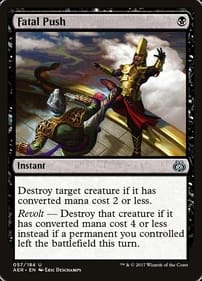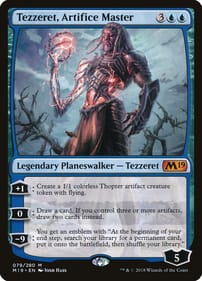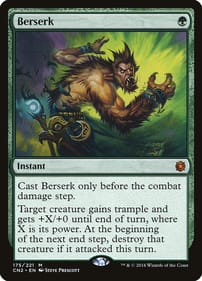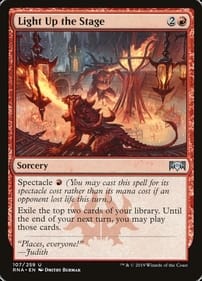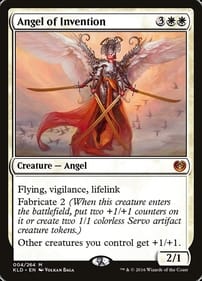Overview
Players: 2 - 4
Age: 12+
Complexity: Light
Playing Time: 20 - 30 Minutes
Hero Realms is a fantasy-themed, compact deck-building game that's easy to pick up and play in short sessions. The objective of the game is simple: reduce your opponents Life to 0, and be the last one standing to win! Your cards can either generate you Gold, Combat, or Life, and these are used to purchase new cards, attack your opponents, and heal yourself, respectively.
There are also 80 cards that are used to create the Market deck. These are shuffled at the start of the game, and the top five are revealed at the start to create the Market Row for players to shop from. A sixth item, a stack of 16 Fire Gems, is also placed here as an option that's always available to players. Whenever a player purchases a card, it goes to their discard pile to be used again in the future (more on that later). Play your Champions and your Action cards to generate even greater amounts of Gold and Combat to overtake your opponents!
The Setup
How is such a feat accomplished, you might ask? Easy, with money (and no shortage of violence!) Each player is given a starting deck consisting of ten cards, broken up into 7 Gold, a Ruby, a Short Sword, and a Dagger. Once the starting decks are given to each player, set aside any remaining Gold, Short Swords, and Daggers, as you won't be needing them. Determine who will hav the first turn, then shuffle your starting deck. The player who gets the first turn draws a hand of 3 for their first turn only, and every other player draws 5 cards. These serve as your starting hand for the game.

Starting deck cards from left to right: Ruby, 7 Gold, Dagger, Short Sword
Next, you'll want to set each player's Life to 50. You can use the included score cards to track each players' life, or use any number of other means to do so such as with pencil and paper or even dice.
The final part of setup requires that the Market deck be created. Shuffle the remaining cards and draw five of them to create the Market Row. The only cards that should be in the Market deck are cards with a Gold cost in their upper right corner. Then, take the stack of Fire Gems included with the game and put them at the end of the Market Row. Once you're set up, the game should look something like this:

Example of a Two Player Game
Sequence of Play
Starting with whoever goes first, players take turns purchasing cards from the Market Row and playing Champion and Action cards to advance the game. Gold and Combat Points do not carry over between turns, so they need to be spent at the time the cards are played. If there's a card from the Market Row you wish to buy, simply play enough cards to generate Gold that matches the cost in the upper right corner of a card, and add it to your discard. Then, flip the next card over from the Market Deck to fill the now empty space.
Combat Points are added to their own pool, and you decide who and what you attack. You can distribute your Combat Points to deal damage to either enemy Champions or enemy Players. Of note, you can't attack a player if one of their Champions in play has GUARD above its health.
Your hand is discarded at the end of the turn, so there's no reason to sit on cards in your hand. When you play any cards with a Gold icon, you add that much Gold to your pool, which is also emptied at the end of the turn. Use the gold you generate to purchase new Champions and Actions. Whenever you buy a new card, add it to your discard pile. You won't get to use it until the next time you shuffle your discard into a new deck.
Once your hand is empty and you've spent all the Gold and Combat Points you want to spend, and activated any Champions, your turn ends! Discard any remaining cards that you haven't played, reset your champions, and draw a new hand of five cards. If you don't have enough cards in your personal deck, don't worry! You can shuffle your discard pile into a new deck to draw from, allowing you to use those new cards you just bought.
Play continues turn after turn in a similar fashion until only one player is left standing.
Review
Hero Realms is an easy game to pick up, with enough variety and strategy available to make replaying the game different each time. The game differentiates itself from other deck builders by having each card represent a specific faction, and having many said cards include synergies if you play other cards from the same faction.
Each card that you buy from the Market Row is tied to a specific faction: either Imperial, Guild, Necros, or Wild. Some cards have a faction symbol and some extra effects next to it in their text box. Any time you play two matching faction cards, they will "trigger" each other and create additional effects and synergies for your deck. These all happen at the same time, and can create some powerful plays each turn!
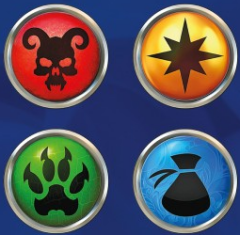
The Factions of Hero Realms: Necros (Top Left), Imperials (Top Right), Wild (Bottom Left), and Guilds (Bottom Right)
Each faction excels at one aspect or another in the game, and understanding their strengths and weaknesses is key to diving deeper into Hero Realms strategic game play.
The Wild faction has some of the best card draw and direct damage, at the cost of not being great at generating gold. You can shore up this weakness by paring Wild cards with Guild or Imperial cards to help you pay for your higher cost purchases.
Guilds cards generate a ton of gold and other splashy effects, but leave a lot to be desired on the defensive front with little in the way of protection and no life gain effects. Pair them with Imperials to shore up these weaknesses, or pair with the Necros to get their cheap and powerful champions to aggressively take out your opponents.
The Necros excel at thinning your deck, that is, getting rid of unwanted cards later in the game so that you're more likely to draw your game winning cards. Their champions are middle of the pack at best, but they have plenty of unique effects to help you harass your opponents and accelerate your own game plan.
Imperials have some of the best defensive champions and life gain available in the game. They're a solid early game choice, offering the most defensive champions that you can put in play. They have little in the way of closing out a game though, and need to be paired with Guilds or Wild faction cards to get enough big, splashy effects to take out your opponents.
It's this aspect of the game that adds replayability as you work to combine cards from different factions to make an effective plan of attack. My personal favourite is to nab up a bunch of Wild cards that force my opponent to discard, while grabbing Guild or Imperial cards to get the money I need to pay for my big hitters. If I feel my deck is getting too big, I'll try and pick up an efficient piece of deck thinning from Necros. The game requires you to be evaluating what's in the market, what's in your deck, and what your opponents' are picking up to decide what you need to buy to get ahead. You can even force your opponents out of a faction by buying up valuable cards before they can.
Do you build up a big defensive wall and protect yourself while saving up money for the late game, or do you buy up a lot of cheap, offensive cards to take the fight to your opponent from turn one? Do you choose to go for action cards to hit your opponent with, or champions that provide protection and incremental value? The combinations you can play are near limitless!
Should you get Hero Realms?
Ultimately, that's why you're reading a lil' blurb about the game, right? In my opinion, yes! It's an easy enough game to pick up and learn, and there's no excessive text on the cards that make understanding what they do difficult. Due to the game's quick nature, it's easy to play several games in short order. The game comes with convenient score cards to track your health so you don't need pens, paper, or dice to play the game. The small size of the box means this is easy to take with you where ever you go, whether it be to the kitchen table or to game night with your friends.
The base game comes with rules for both 1v1 and multiplayer, including Free-for-All, where players fight to be the last one standing; Hunter, where you can only attack the player to your left; and Hydra, which is a 2v2 format where players share a pool of 75 life points and act together with their own personal decks. There's plenty of variety to be found in just the base game.
Hero Realms has become a regular staple at my own game nights, and we always jam out a game or two before getting into something bigger or if we just have an hour to play.
Admittedly, Hero Realms is pretty bare bones without any of the expansion content that changes up your starting decks. Character and Ancestry packs add classes and races to your starting decks, changing up your life total and what you can do in the game. There's also Boss Decks such as the Dragon which enhance the base game by providing new ways to play and a challenging foe to take down.
And, if the fantasy theme is not your thing, then I highly recommend checking out Star Realms, the game which Hero Realms is based on. The rules and game play are all the same, except with a shiny, Sci-Fi coat of paint.
Find Hero Realms in our store today!
Author: Boregard
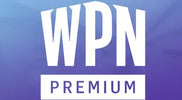
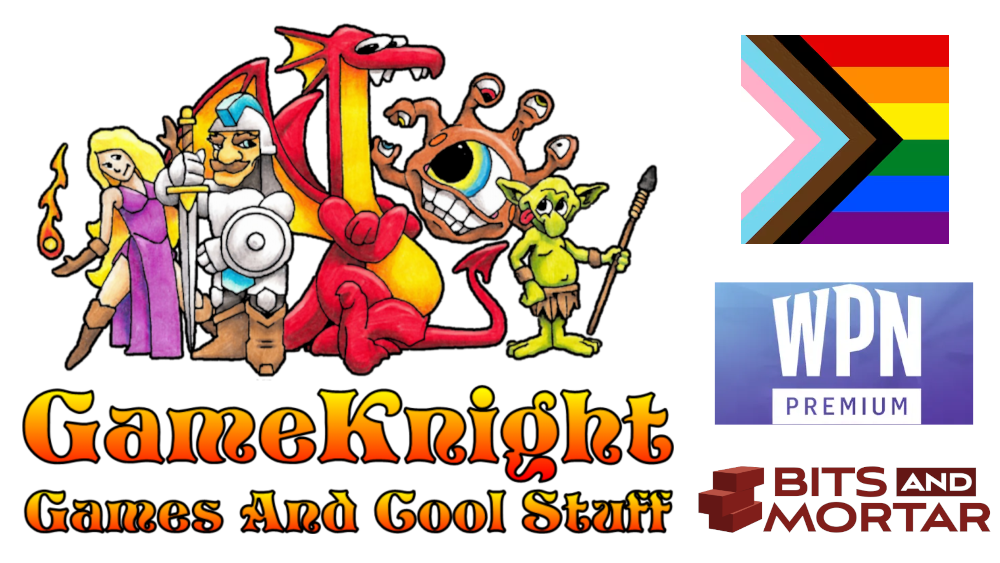

:strip_icc()/pic3056523.png)
